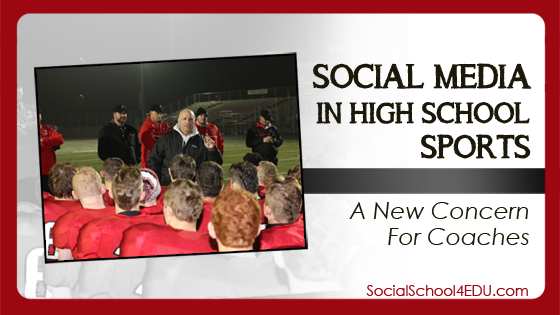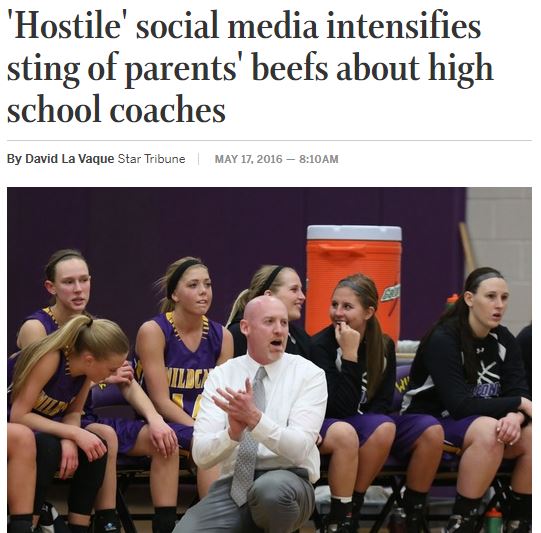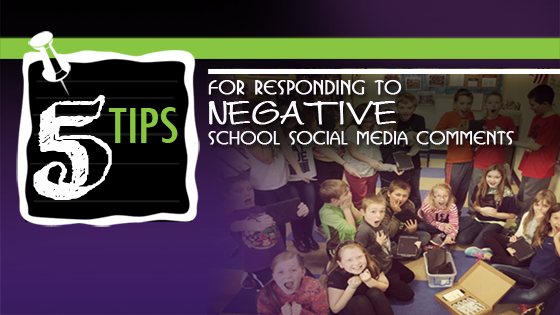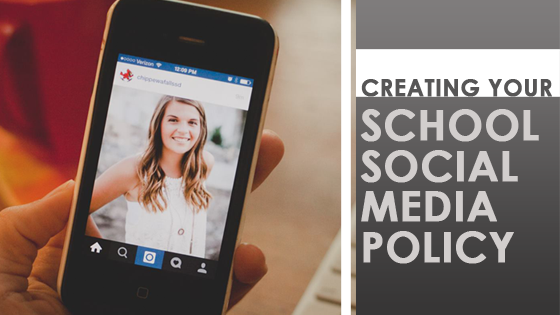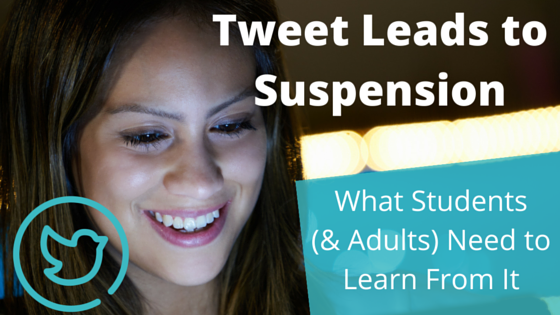It’s making the headlines. Social media is now being cited as the reason for several high school coaches stepping aside from their role.
Surprisingly, it isn’t because of what the student athletes are doing with social media. It’s the parents.
The Star Tribune published an article yesterday highlighting several local Minnesota coaches who stepped down after being attacked online. The article stated, “Coaches who counsel their players on the long-term damage caused by careless social media behavior are now increasingly reaching out for help to counter parents in need of similar restraint.”
What can schools do to address this growing concern? This won’t guarantee that things won’t creep up at your school, but these four tips could help.
1.Set clear expectations for athletes and parents – Before the season even starts, make sure to address the proper use of social media. Clear expectations for both students and parents at the start of the season will provide a framework for dealing with issues, should they pop up. Having a social media policy as part of your athletic code is important, and it should connect both the player and the parents to the expectations.
2.Be aware of the conversations – You should have a pulse on social media trends, topics, and issues in your community. Listening is important and you can’t just stick your head in the sand and pretend it isn’t happening. By monitoring what is being said about your school, you can head off any major issues before they get too hot to handle.
3.Don’t get involved in an online fight of words – The best approach is to take 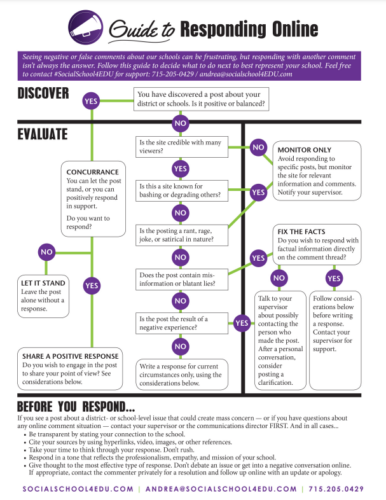 concerns offline, and address them one by one with traditional communication. Phone calls and face-to-face meetings may be needed. Your coaches, student athletes, and anyone connected with the school should avoid getting into a public debate on social media. For help in managing expectations on this, check out this social media guide.
concerns offline, and address them one by one with traditional communication. Phone calls and face-to-face meetings may be needed. Your coaches, student athletes, and anyone connected with the school should avoid getting into a public debate on social media. For help in managing expectations on this, check out this social media guide.
4.Keep using social media to celebrate your school – Don’t let a few bad experiences deter you from maximizing the use of this powerful tool. Your story needs to be heard and your kids celebrated! Events within your school, both on the court and in the classroom, should be shared on social media like Facebook, Twitter, Instagram, and more.
If your school is looking for more help in tackling this topic, reach out to #SocialSchool4EDU. We specialize in helping schools use social media safely and effectively through management, training and speaking. Our team currently serves seventeen different districts across Minnesota and Wisconsin.
Related posts:
Five Tips for Responding to Negative School Social Media Comments
Creating Your Social School Media Policy
Tweet Leads to Suspension: What Students and Adults Need to Learn from It

